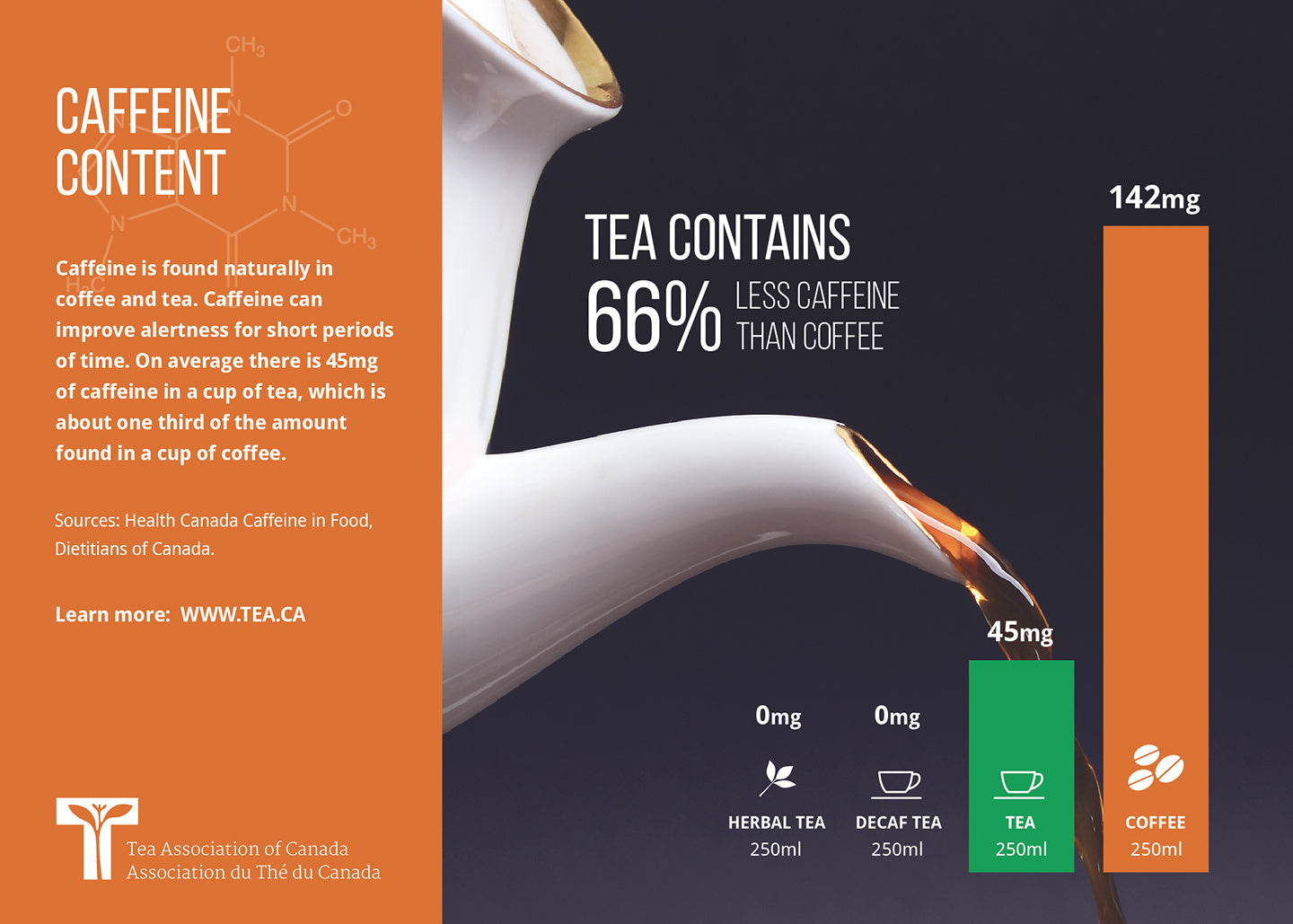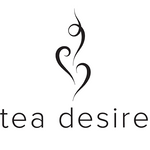How Much Caffeine is in Your Cup?
Caffeine is one of the most commonly used ingredients in the world but does caffeine give any benefits? Many studies found that caffeine increases energy levels, improves mood and brain function, and boosts metabolism and fat burning. Despite the benefits, it is essential knowing how much caffeine is in your drink, especially for those who have an issue with caffeine.
Does tea contain caffeine? Caffeine is found naturally in much plant-based food such as coffee, tea (tea from Camellia sinensis, an evergreen shrub native to East Asia), cocoa (chocolate) and guarana. So yes, black tea - green tea - oolong tea - white tea and any tea derived from the Camellia sinensis plant contain caffeine. Herbal teas, less commonly called tisanes, do not contain caffeine with the exception of yerba mate that contains around 80mg per cup.
So if you’ve ever wondered how much caffeine is in your cup of tea? Here it is how much caffeine is in tea compare to coffee:

Yes, that much! However, there are some factors that we have to take into account too, such as:
-
The type of tea: black tea, green tea, matcha, oolong, white tea.or herbal teas like rooibos, fruit infusions and wellness teas
- Broken leaves tea will draw out more caffeine compared to whole leaves.
- The amount of tea that you put in per cup of water.
- The Steeping time. Longer steeping time will draw out more caffeine.
- Water temperature. Hotter water will draw out more caffeine in brewed tea.
The plus side of drinking tea for its caffeine is also the calming effect thanks to L-theanine. Tea is a potent source of L-theanine, which promotes both alertness and calm at the same time. It places you in a state of relaxation, reducing anxiety while at the same time improving focus and concentration.
And let's not forget another extra benefit of drinking tea on-a-regular-basis is the flavonoid! It's the natural plant compounds found in tea that have health benefits, especially for cardiovascular health. A study published in the American Journal of Clinical Nutrition indicated that consuming one cup of tea per day may reduce stroke and heart attacks by 8 to 10 percent. http://ajcn.nutrition.org/content/98/6/1651S

So are you ready to pick some new favourite teas?
Drink Tea! It's Good for You!

